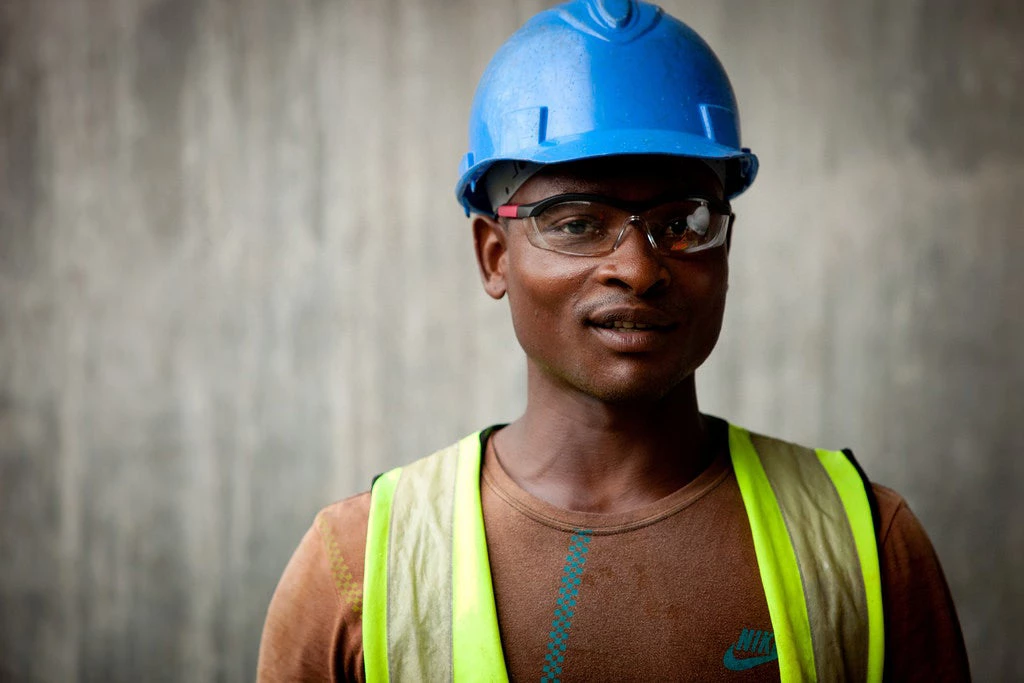On a recent trip to the Caribbean, I was in a meeting at the Ministry of Finance of one of the region’s largest economies. The topic under discussion was all too familiar: the difficulty of attracting overseas investment into the country’s public infrastructure projects.
To enliven things, I began thinking aloud about an idea I’d been musing on for a while and was asked to outline my idea. Let me first set the context.
Up to now, the fact is that – compared to other regions – the Caribbean has been relatively slow in moving infrastructure projects forward. There are several reasons for this, many of them beyond the direct control of the countries themselves.
For example, as small economies facing fiscal constraints, they often lack the scale and public sector resources to develop and manage projects efficiently. They also tend to be hampered by a legacy of rigid, procurement processes that can drive up costs for bidders, and by the lack of a well articulated and well developed pipeline of prioritized projects.
In my view, these barriers to international investment will remain as long as the nations in the region continue to take a country-by-country approach to developing infrastructure projects. Given that most countries will only ever have a handful of major projects, it’s difficult to generate much investor appetite on a single-country basis. Investors are less likely to invest in regional resources and mobilize bid teams under the current environment.
However, if you take a region-wide perspective, a very different picture emerges. The Caribbean Infrastructure PPP Roadmap, published in 2014 by the World Bank Group with support from the Public-Private Infrastructure Advisory Facility, identified a potential pipeline of 33 projects being actively developed as Public-Private Partnership (PPPs) across 11 Caribbean countries, with a total estimated investment value of $2 billion to 3 billion.
Also, as World Bank Vice President for Latin America and the Caribbean, Jorge Familiar told the 2015 High-Level Caribbean Forum: “Policymakers in the region are increasingly turning to PPPs to develop and maintain infrastructure that supports national economic growth and delivers basic services to their citizens.” It’s no coincidence that the World Bank Group has been supporting many PPPs in the region. In Jamaica, for example, the Multilateral Investment Guarantee Agency (MIGA) issued about $80 million in risk-mitigation guarantees to support the earlier development phases of the Kingston Container Terminal.
Considering all these factors, you can probably start to guess the suggestion that generated interest among the attendees at the meeting: a central regional mechanism should be created to coordinate and harmonize infrastructure investment and PPPs across the Caribbean as a whole, with oversight of the pipeline of projects and their level of market readiness. In particular, this regional coordination could, over time, provide governments with standardized approaches to project definition, selection and appraisal. This would provide investors with greater certainty that the projects on the pipeline had been selected in a consistent manner and appraised to ensure a strategic fit for government.
The result would be a more visible region-wide pipeline of projects for global investors to bid for. And greater certainty that if they missed out in the bidding for one or two projects, they’d likely pick up another one soon – so their costs wouldn’t be wasted.
Not surprisingly, the participants did have a pushback, pointing out they wouldn’t accept anything that impinged on their national sovereignty. But I reassured them their sovereignty wouldn’t be affected. This wouldn’t be a quasi-government body imposed on independent states, but a mechanism that simply clarifies and coordinates the regional pipeline of projects that governments want to undertake and ensures a degree of consistency across the project preparation cycle.
So the million dollar question is: who could play such a coordination role? A few candidates spring to my mind. If the principle is sound, then I believe those that can make it happen will step forward. Any takers?
Disclaimer: The content of this blog does not necessarily reflect the views of the World Bank Group, its Board of Executive Directors, staff or the governments it represents. The World Bank Group does not guarantee the accuracy of the data, findings, or analysis in this post.


Join the Conversation